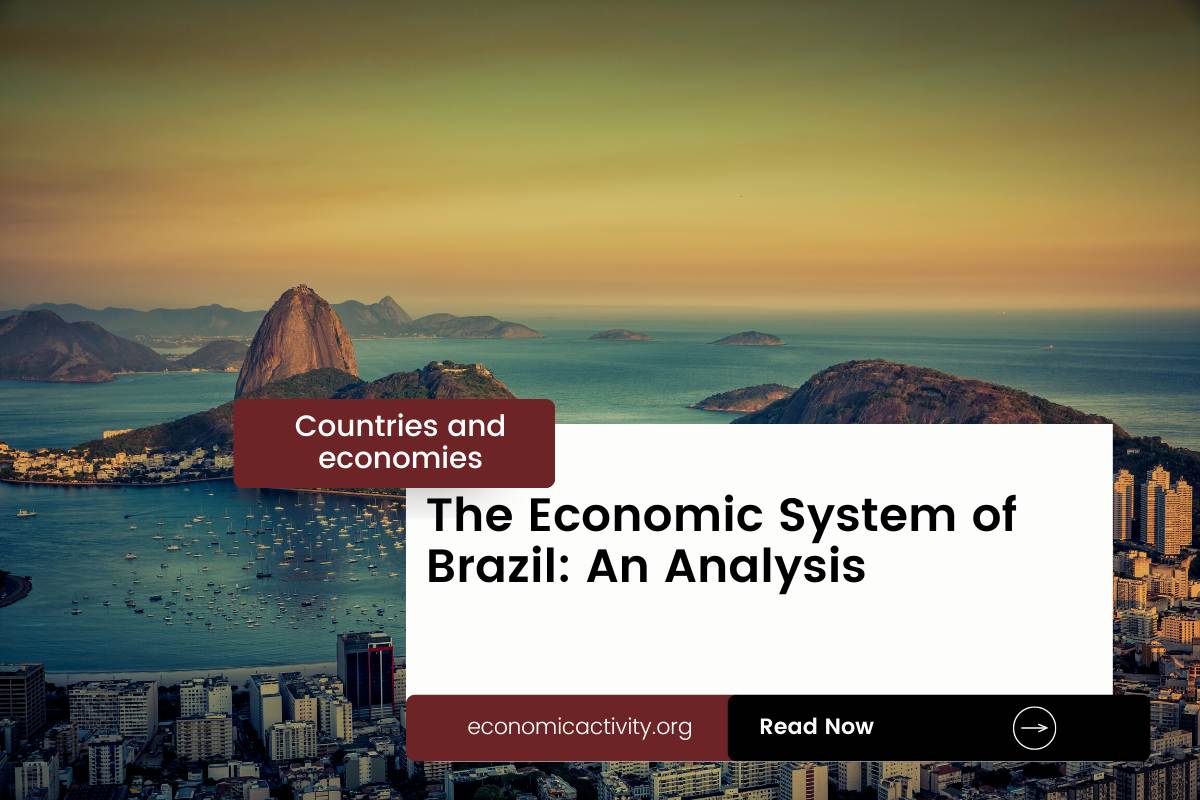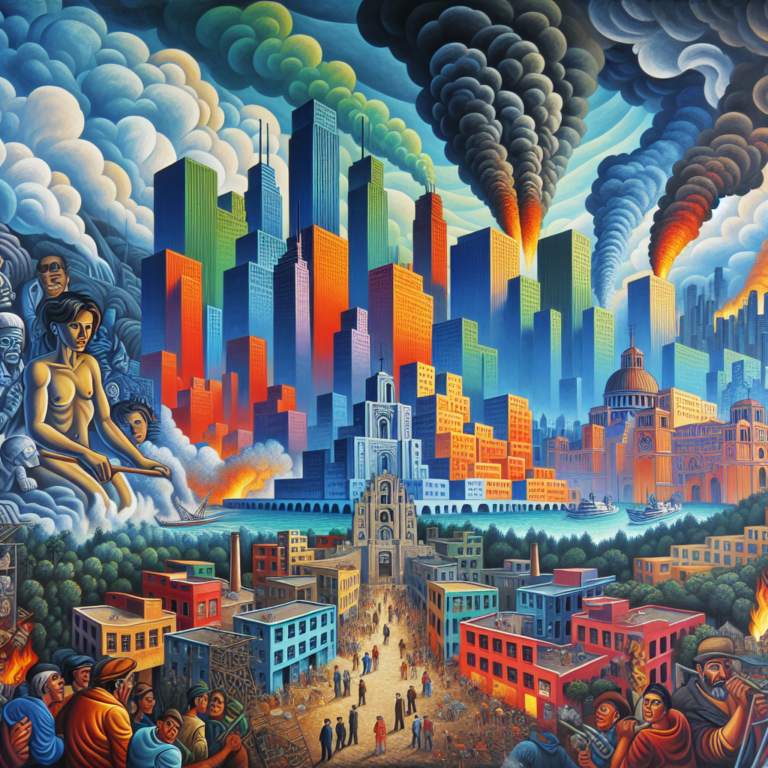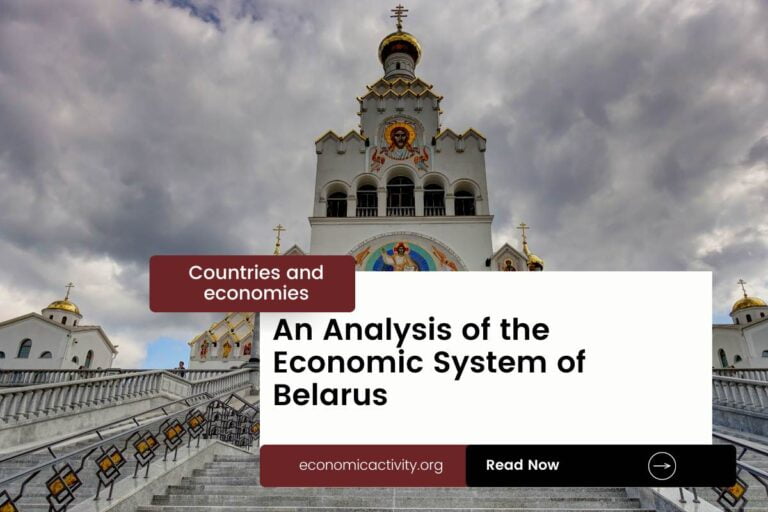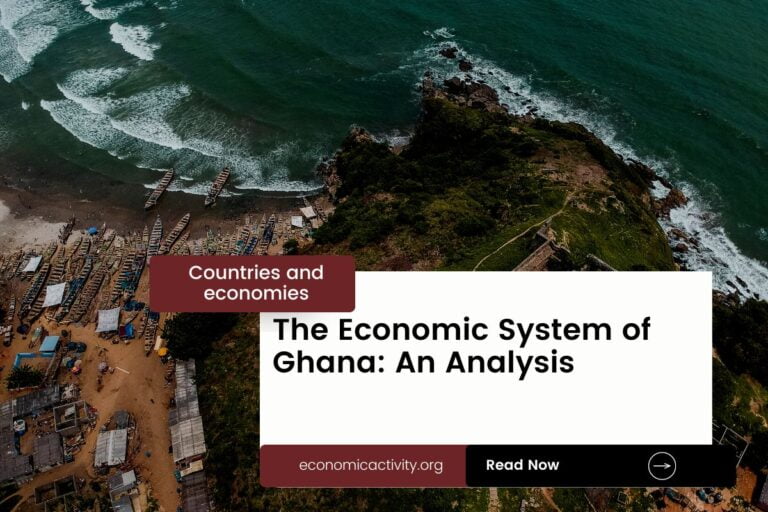What is the economic system of Brazil? The economy of Brazil is based on a mixed economy. The country’s economic system combines elements of a market economy and a planned economy.
In Brazil, the economy comprises a private sector, consisting of individuals and businesses that make autonomous decisions based on self-interest, and a public sector, where the state determines the production and distribution of specific goods and services. No country is purely capitalist or purely communist.
What do the freedom indexes tell about the economic system of Brazil?
Now, to determine if a country is mostly a market economy or a planned economy, it is useful to examine some economic indexes. For instance, according to the 2022 Index of Economic Freedom, which measures the ability of every human to control his own labor and property, Brazil is ranked 133th globally and 26th in the Americas indicating that the country has a mostly unfree economy.
In a similar way, the 2022 Freedom House index evaluates the state of political rights and civil liberties globally. Generally, market economies tend to align more with democracy and freedom, while command economies tend to be characterized by greater state control and fewer democratic and civil liberty protections. Brazil gets a score of 73/100, which qualifies it as free. Brazil is a country where the government does not control what people do for political reasons, and people have the freedom to choose (what, how much, and how to produce, whether to buy or not, selling price, etc.)
The Link Between Public Sector Employment and the Economic System of Brazil
An indicator of the extent to which the State is involved in the economy is the number of public sector employees. In Brazil, according to ILOSTAT, the number of public sector employees as a percentage of the total workforce is 12.4% (2021). In the country’s mixed economy, the number of public sector employees as a percentage of the total workforce varies based on the specific policies and practices adopted by the State. Some economic activities are left to the private sector while others are under government control. The bigger the public sector the closer is the economy to being a command economy.
What does the biggest company in Brazil say about the country’s economic system
The biggest company in Brazil should also be looked at, as well as whether it is a state-owned or private company. In this case, Petrobras from Brazil is a mixed private-public company. It is owned by the Brazilian government and has private shareholders. It is a major player in the oil and gas industry.
More: Top 10 Biggest companies by revenue in Brazil
The historical factors that have influenced the economic system of Brazil
The current mixed economy system of Brazil in the last century is a result of a combination of market forces, government intervention, and a shift towards a more open economy. The government has played a major role in promoting economic growth and stability by providing incentives for businesses, regulating trade, and providing social services. Additionally, the shift towards a more open economy has allowed foreign investment, trade, and access to new technologies, which has helped to drive economic growth. All of these factors have contributed to the current mixed economy system of Brazil.





Leave a Reply